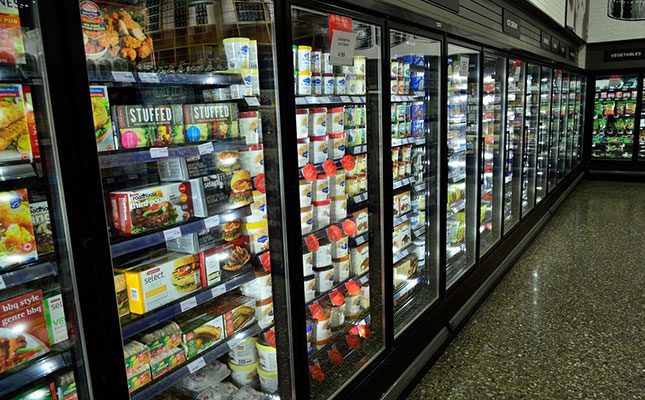
Photo: Rawpixel.com
An estimated 60%, or £351 (R8 365) per household, of this increase could be attributed to droughts and flooding due to rising temperatures and resultant crop failures, the report said.
This equated to approximately £17 billion (R405 billion) being added to the UK’s total food bill since the end of 2021, and came on the back of the high oil, gas and fertiliser prices seen last year, which followed Russia’s invasion of Ukraine.
This report came after a recent warning by the Bank of England about the impact of climate change on food inflation.
In an address on 20 November, the bank’s governor Andrew Bailey said: “Even as we expect food inflation to fall, there are clearly risks as we look ahead to the months and years ahead. Food inflation can be volatile in the best of days. And climate change is affecting weather patterns, increasing the risk of poor harvests.”
Euronews reported that although energy costs had fallen this year, extreme weather events increased and record-breaking temperatures were being experienced around the world.
According to the report, the impact of these weather events on agricultural production resulted in the high food prices in 2023, and indicated that “climate change has a more persistent effect on inflation. Its impact is also worsening, with the climate crisis adding £169 [R4 028] to bills [in the UK] in 2022 and £192 [R4 576] in 2023”.
Data from the Office for National Statistics (ONS) in the UK, indicated that food inflation in that country reached a high of 19,2% in March this year, which was the highest level in more than 45 years. Although the rate fell to 7,9% in October, food prices remained 30% higher than in 2021.
Energy prices generally fluctuate based on political and economic events, but were also indirectly affected by rising global temperatures, Euronews said.
In this regard, the most direct effect on national economies was the impact on food prices, according to the ECIU researchers.
Analysts were forecasting that climatic events could result in increased rainfall and “stronger storms” in 2024, with the El Niño weather phenomenon expected to result in temperatures rising during the first half of the year.
A recent report by the Food and Agriculture Organization of the United Nations (FAO) stressed that agriculture was particularly vulnerable to these climatic events, as the sector accounted for about “26% of economic losses during extreme weather conditions and up to 82% during drought”.
“Shifting to more sustainable farming practises could help bolster food security by improving soil quality and biodiversity and driving down planet-heating emissions,” Euronews said.
The UK introduced the Sustainable Farming Incentive (SFI) this year, according to which farmers received payment for improving soil health and biodiversity and mitigating the impact of extreme weather.
In the EU, a new Soil Monitoring Law was proposed in July, and aimed to “protect and restore soils and ensure they are used sustainably”. The European Commission was also expected to propose a legislative framework for sustainable food systems in the near future.
“Plans to slash pesticide and fertiliser use by 2030 in the EU will contribute to these goals and further shield consumers from fluctuating prices,” according to Euronews.













